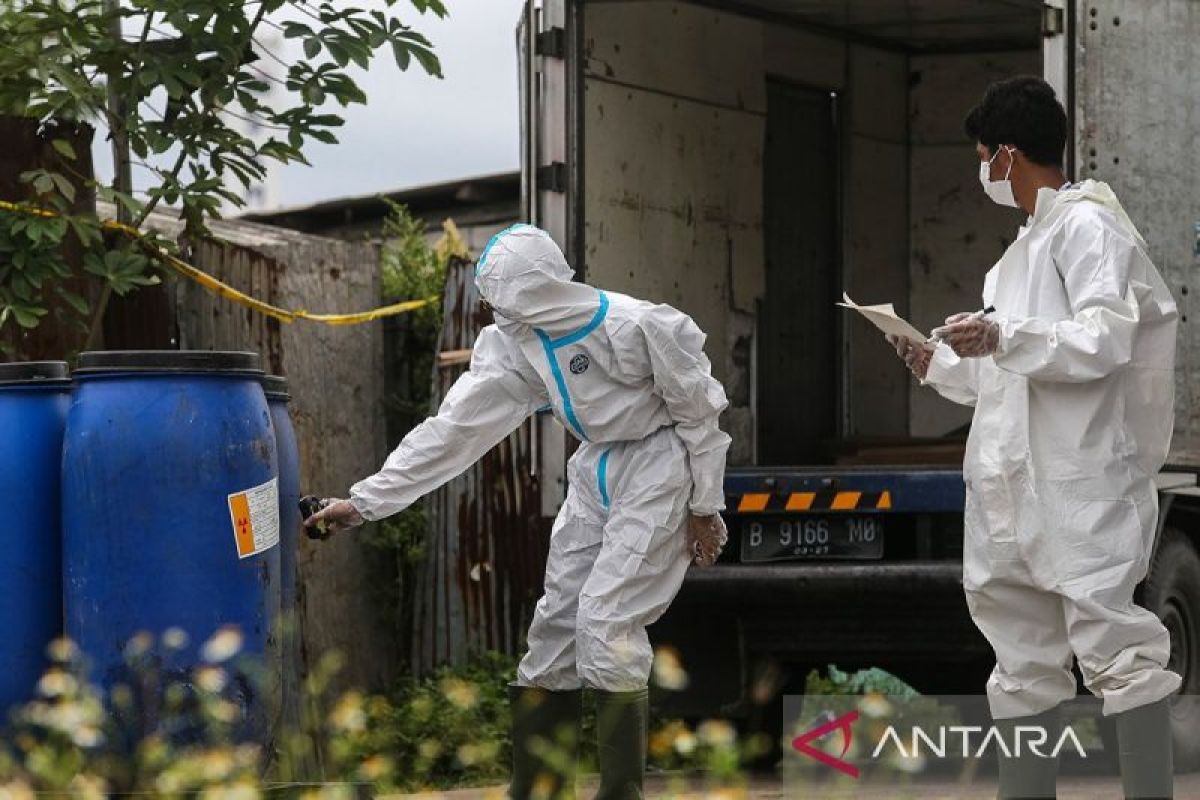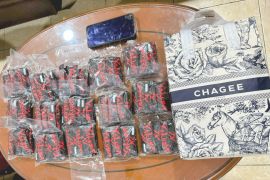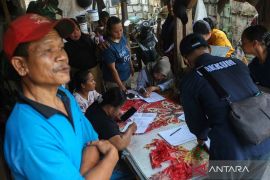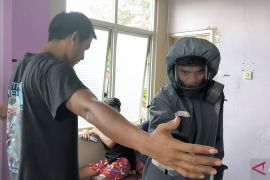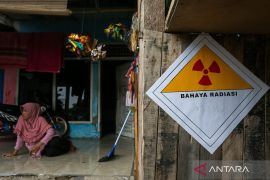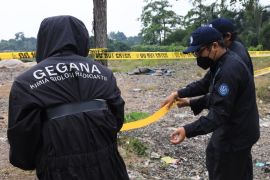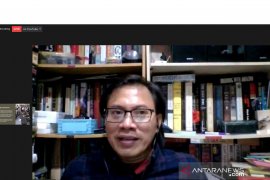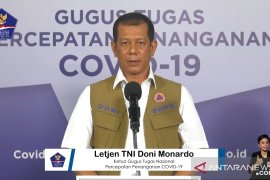The ministry's head of communication and public information, Aji Muhawarman, said the findings came from health checks on around 1,562 workers and residents living near the Modern Cikande Industrial Estate in Serang, Banten, following the discovery of shrimp contaminated with the radioactive material Cs-137.
"For their treatment, they were given Prussian blue medicine," Muhawarman said on Thursday.
He added that the detection process involves several steps, beginning with the use of a survey meter to detect external radiation on the body and clothing. If the result is positive, patients undergo decontamination, which includes bathing, changing clothes, and re-examination.
Afterward, a blood test is conducted to measure lymphocyte levels. If results show abnormalities, a WBC examination is carried out to determine the level of cesium in the body. Patients with indications of internal exposure are referred to a national hospital for further treatment.
Muhawarman stressed that most of the radiation exposure cases identified so far can be managed with decontamination, medication, and long-term monitoring.
He explained that Cs-137 exposure can trigger nausea, vomiting, fatigue, diarrhea, low lymphocyte counts, and skin damage. Severe cases may cause bleeding, infections, organ failure, or death. Prolonged low-dose exposure raises cancer risk, weakens immunity, and can lead to congenital defects in pregnant women.
The government has launched risk communication and public education within 5 kilometers of the site and stepped up health monitoring. Surveillance may be intensified if further studies by the Nuclear Energy Regulatory Agency (BAPETEN) and the National Research and Innovation Agency (BRIN) require it.
Muhawarman urged residents to participate in health screenings at medical facilities, noting that radiation exposure cannot be detected by human senses. He also encouraged the public to maintain healthy lifestyles, report any symptoms of exposure to health professionals, and avoid spreading stigma against affected individuals.
"Please rely only on official information from the Environment Ministry, the Health Ministry, the Cs-137 Task Force, and the regional government," he emphasized.
The government, he added, is conducting decontamination, sealing off hazardous areas, and providing medical assistance so the public "does not need to be overly worried."
Related news: Preliminary tests show no Cesium-137 contamination in clove products
Related news: Government decontaminating 10 Cesium-137 radiation points in Cikande
Translator: Mecca Yumna Ning Prisie
Editor: Anton Santoso
Copyright © ANTARA 2025
